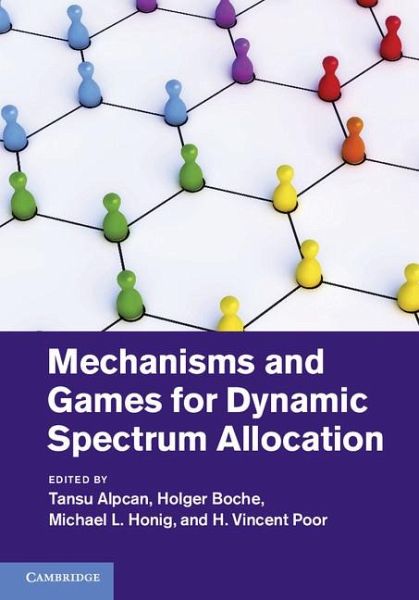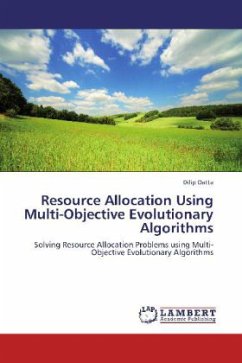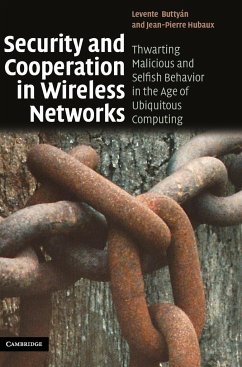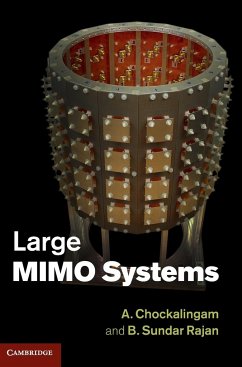
Mechanisms and Games for Dynamic Spectrum Allocation
Versandkostenfrei!
Versandfertig in 1-2 Wochen
132,99 €
inkl. MwSt.
Weitere Ausgaben:

PAYBACK Punkte
66 °P sammeln!
Presenting state-of-the-art research into methods of wireless spectrum allocation based on game theory and mechanism design, this innovative and comprehensive book provides a strong foundation for the design of future wireless mechanisms and spectrum markets. Prominent researchers showcase a diverse range of novel insights and approaches to the increasing demand for limited spectrum resources, with a consistent emphasis on theoretical methods, analytical results and practical examples. Covering fundamental underlying principles, licensed spectrum sharing, opportunistic spectrum sharing, and wi...
Presenting state-of-the-art research into methods of wireless spectrum allocation based on game theory and mechanism design, this innovative and comprehensive book provides a strong foundation for the design of future wireless mechanisms and spectrum markets. Prominent researchers showcase a diverse range of novel insights and approaches to the increasing demand for limited spectrum resources, with a consistent emphasis on theoretical methods, analytical results and practical examples. Covering fundamental underlying principles, licensed spectrum sharing, opportunistic spectrum sharing, and wider technical and economic considerations, this singular book will be of interest to academic and industrial researchers, wireless industry practitioners, and regulators interested in the foundations of cutting-edge spectrum management.














